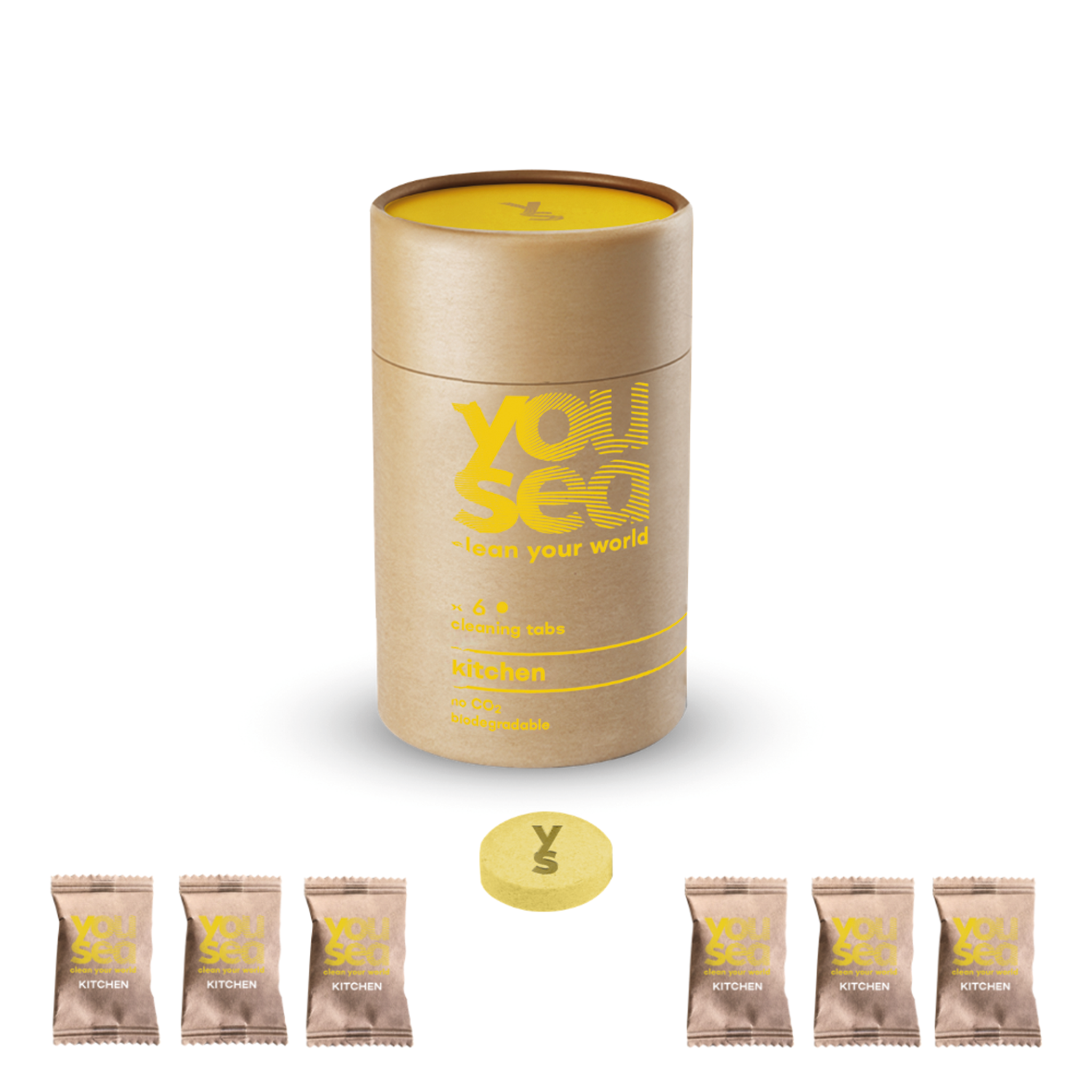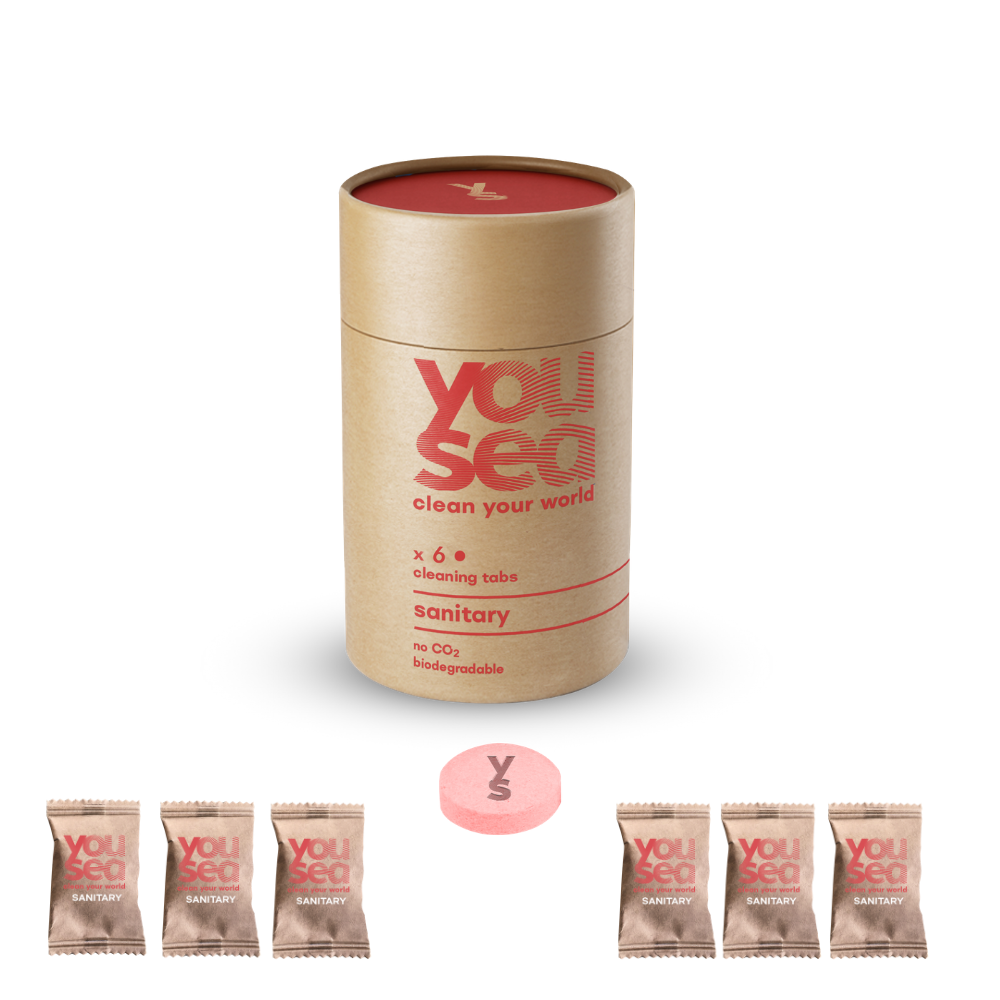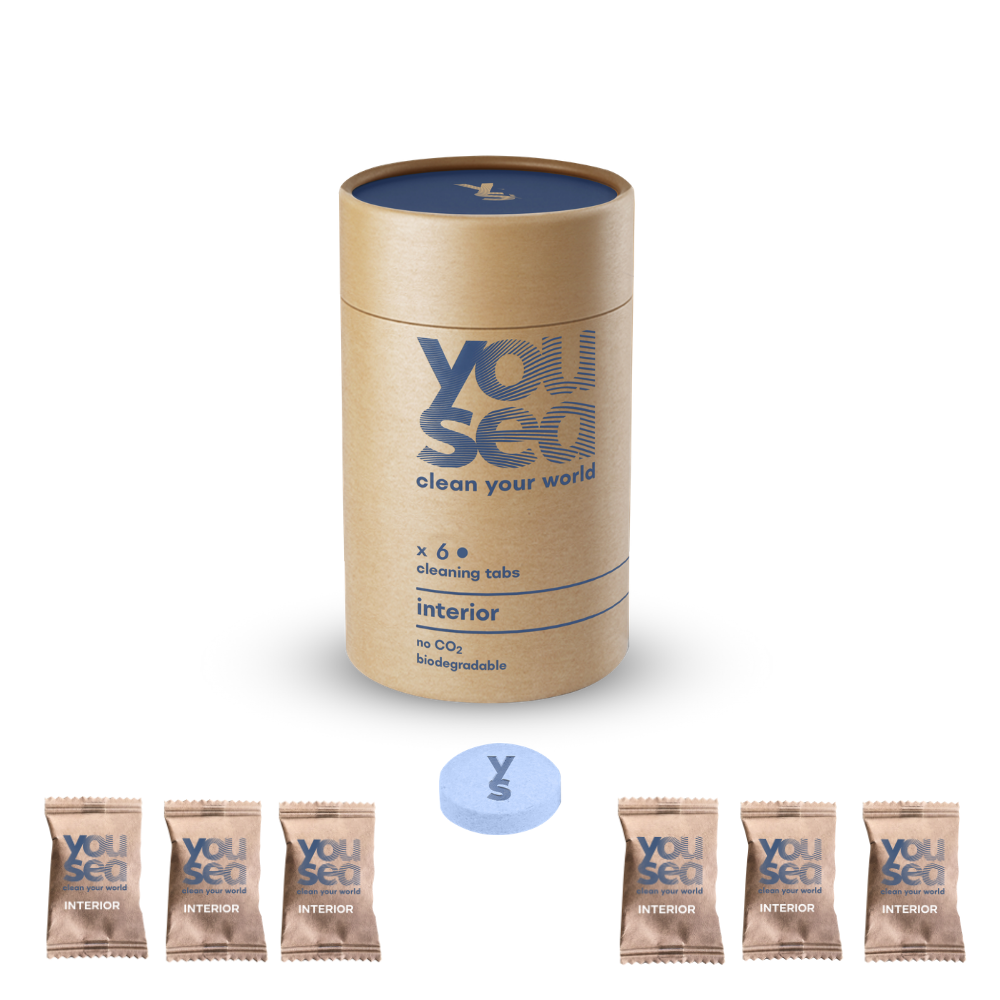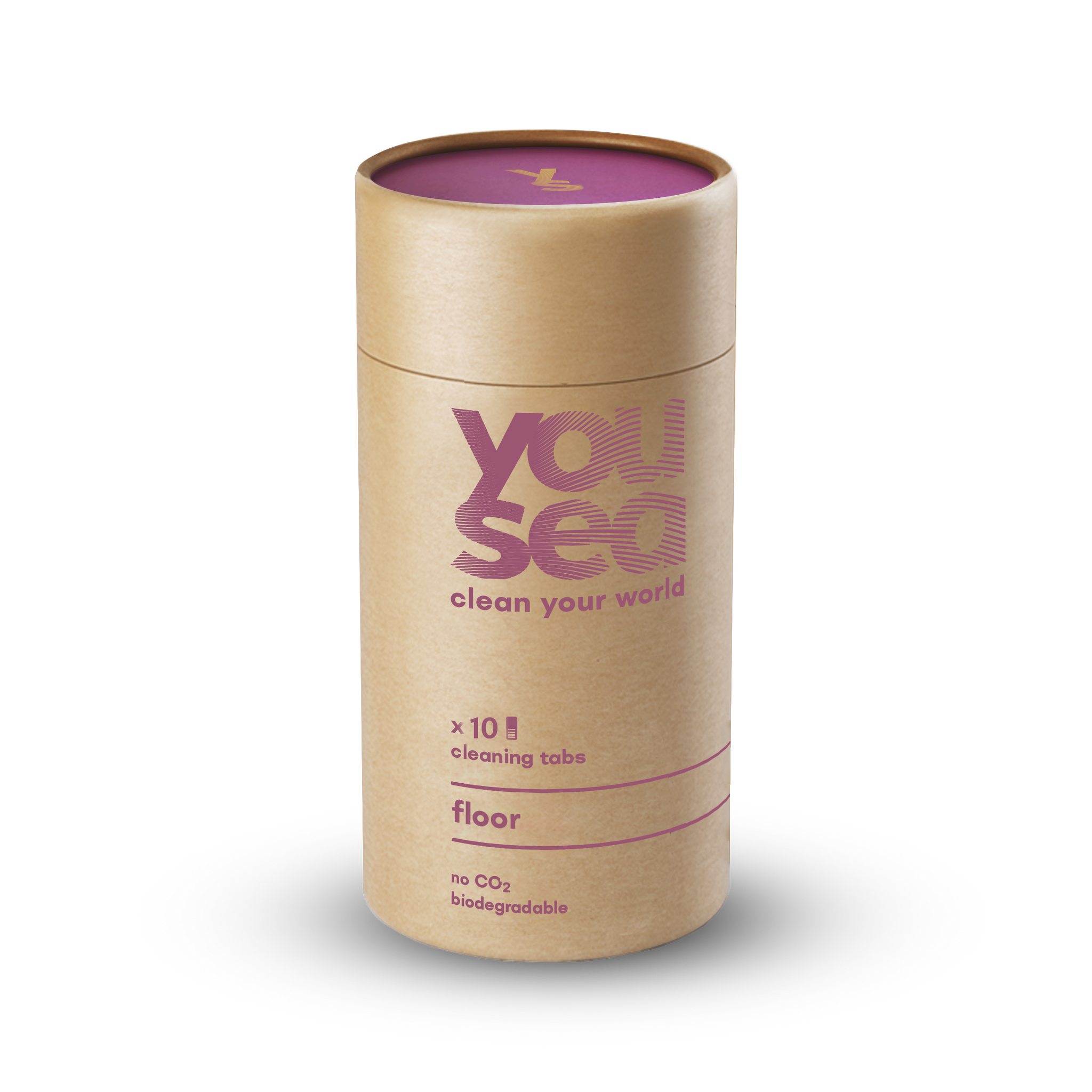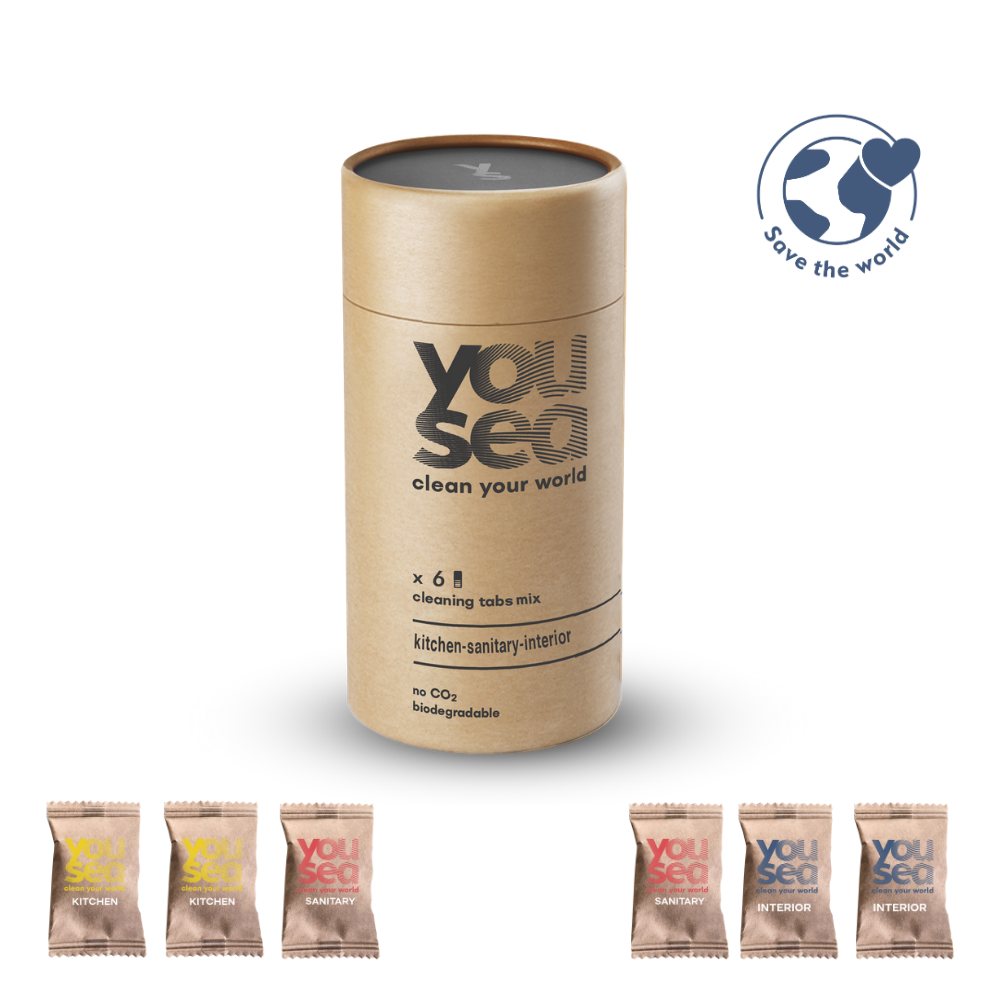Your shopping cart is empty.
How To Make The Kitchen Green
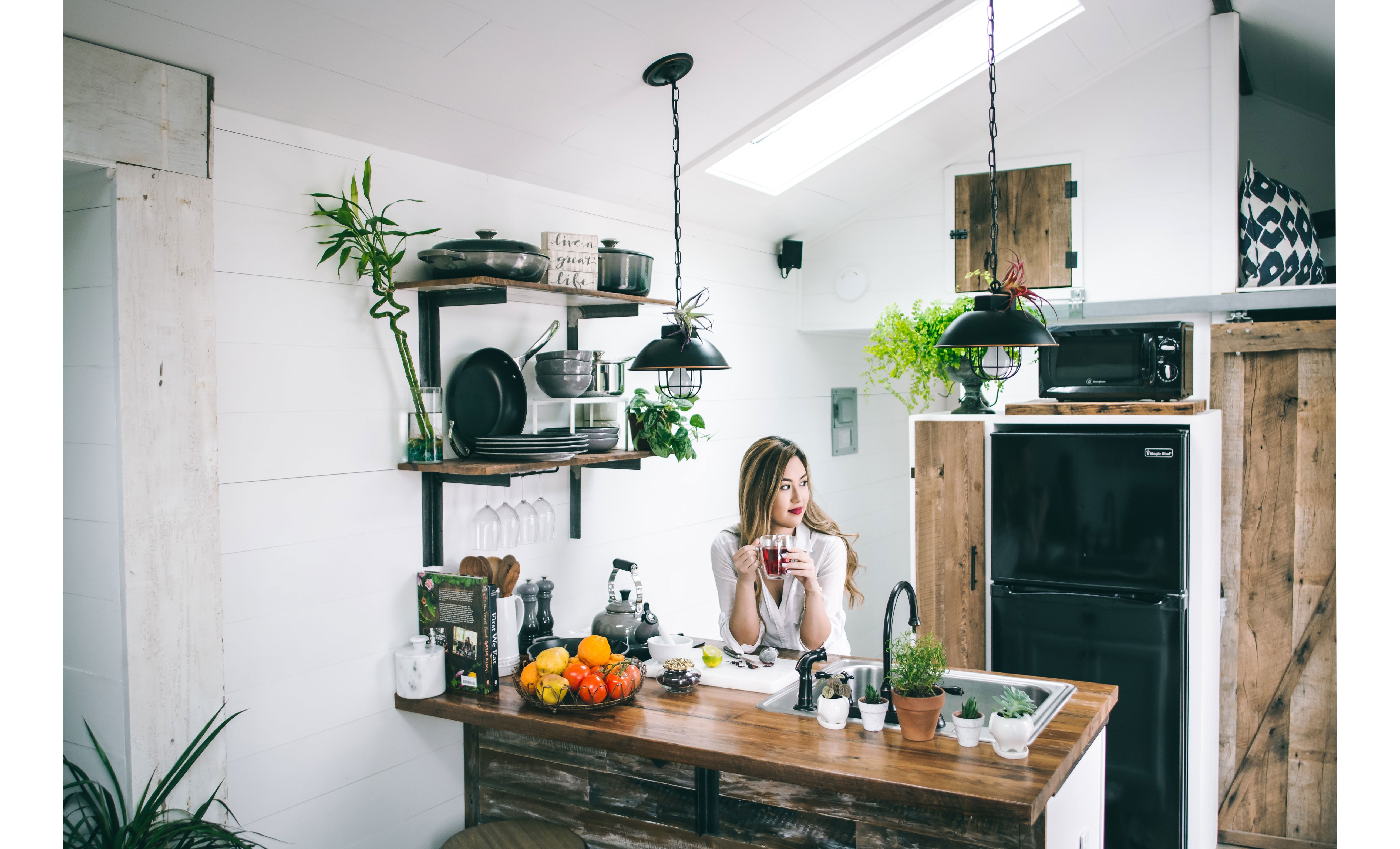
If you want to improve your green credentials, there is no better place to start than your kitchen. The kitchen is often one of the most used space in a family home. With a steady flow of traffic and a range of materials used, it is important to make it a more environmentally friendly environment for the whole family to enjoy.
# 1 - Compost your food waste.
Tons of food waste are hauled to landfill every year. And while the food itself is biodegradable when mixed with other materials in the landfill, it doesn't break down like it would if you compost the food waste. This is an easy way to make your kitchen a little greener. Place a large bowl or small compost bin at the end of the counter and ask to put food scraps in it. You can then compost this waste in your garden compost bin.
# 2 - Recycle.
Set up a recycling system in your kitchen or utility room and let the family participate. You can even create a game to reduce the amount of waste transported to the landfill. For example, if you end up with just one bag of waste for a week, you can reward the whole family for a fun family outing. By setting goals for how much you want to reduce your waste, you are more likely to recycle.
# 3 - Use environmentally friendly cleaning products.
There are many natural cleaning solutions you can find in your closets. Then use environmentally friendly cleaning agents that do not harm the environment.
# 4 - Use natural materials.
Consider using natural materials whenever possible. If you are going to furnish the kitchen, choose wooden units made from sustainable sources. You can choose eco-friendly countertops in the form of wood, tile, stone, concrete, recycled glass, stainless steel, etc. Use similar eco-friendly flooring options. You can also use natural materials for your storage and cooking utensils. Choose wooden cutting boards and trays to store your food. Stainless steel is also a fantastic eco-friendly option that also looks good and has hygienic properties - perfect for use in the kitchen.
# 5 - Use less energy.
Invest in energy-efficient appliances whenever possible. These not only have a smaller impact on the environment, but also save you money in the long run. And think about your appliances - refrigerators with built-in ice dispensers consume more energy than the standard type. Also consider the size of your family. Do you really need that huge refrigerator or stove? Or do you like it more for its cosmetic appeal? Being eco-friendly in some cases means making compromises, but see this as a positive rather than a negative. The more we can all do to help the environment, the better and there is no better time to start than now and there is no better place to start than in your own kitchen.

